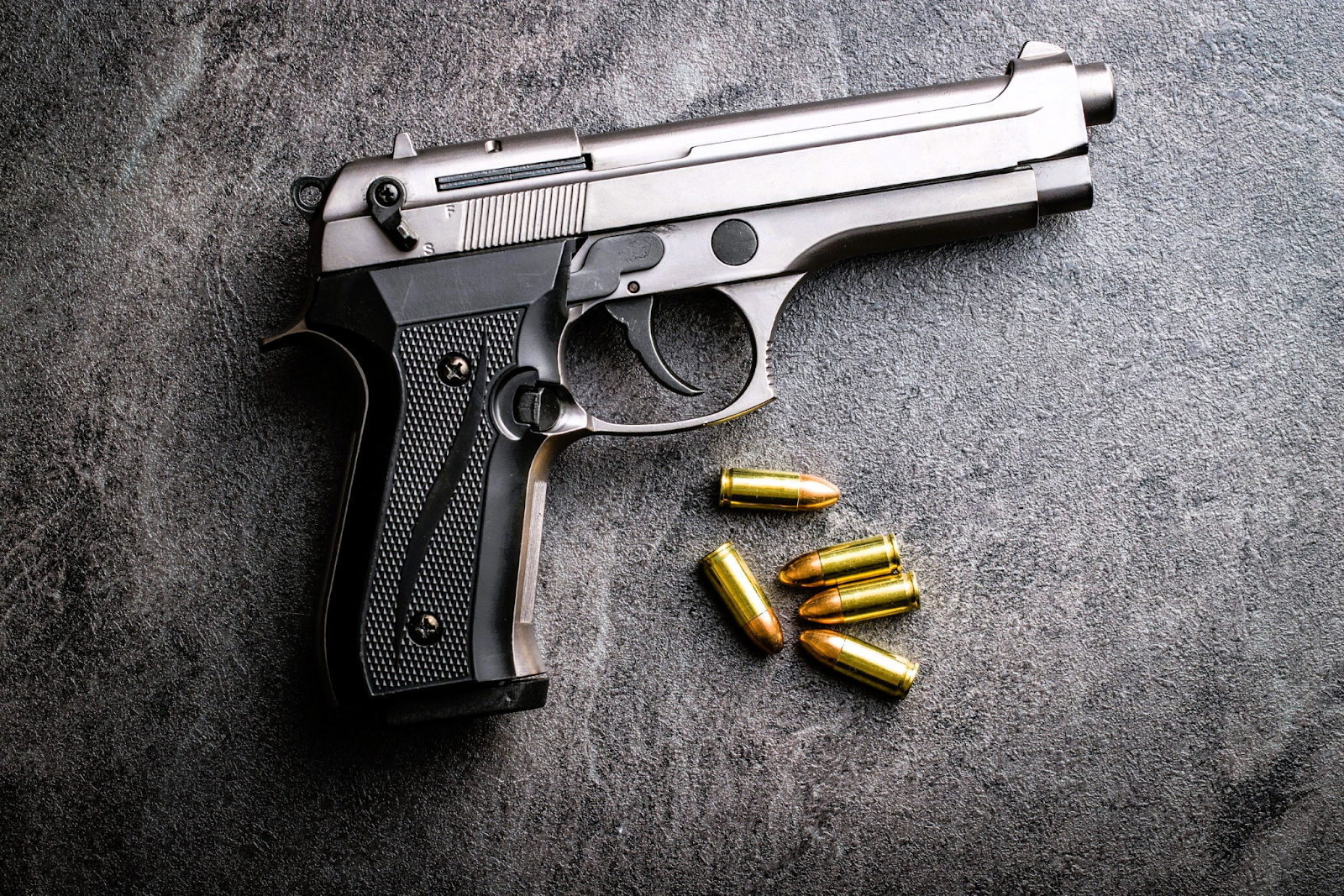
Spend any time with shooters—either at the range, on the job, or just discussing it online—and sooner or later someone will toss out the age-old question: 9mm or .45 ACP? It’s the gun world’s Ford vs. Chevy or Coke vs. Pepsi. More than a hundred years on, people are still deeply invested in one or the other. The debate isn’t so much about magazine capacity or ballistics; it’s tied to identity, personal preference, and what every shooter believes really matters in a handgun.

The history of the cartridges goes back to the early 1900s. John Browning designed the .45 ACP for his soon-to-be-infamous 1911 pistol, and it was quickly taken up by the U.S. military. It had real stopping power and could shoot in nearly any condition. Meanwhile, across the ocean, Georg Luger introduced the 9mm in 1902.

9mm subsequently became the standard of choice for the majority of the world’s military forces since it recoiled less and held more in the magazine. Later on, the .40 S&W was presented as a compromise between the slow-shooting, powerful .45 and the rapid-moving, compact 9mm.

Leaning in the middle of this debate is an extremely simple question: big, slow, and hard-hitting or small, fast, and plentiful? The .45 ACP launches a heavy, commanding bullet that some believe clinches the deal immediately. It creates a larger wound track, theoretically causing more damage. The 9mm is lighter, but you carry more ammo and remain in power while shooting quickly. In the midst of battle, that lighter recoil and increased capacity can be the real game changer.

It’s not mathematics, however. It’s a question of how the rounds feel in your hand. The .45 kicks harder and farther, giving some shooters a sense of confidence and authority. It can be harder to manage for some, especially for new shooters or those with smaller hands. The 9mm is generally easier to shoot quickly and accurately. The .40 S&W tries to compensate, but its slappy recoil can be tough on the gun and the shooter over the long term.

Ammunition technology has transformed the game. New 9mm self-defense ammo is far more reliable than older models from years gone by. Hollow points expand consistently and penetrate nowadays, so the 9mm is a serious contender in stop power debates.

This is why numerous police agencies that previously preferred .40 or .45 have gone back to the 9mm. It provides faster, more precise shots under stress, and that may be the difference between success and failure in high-pressure situations.

For civilians, it’s more of a personal choice. It’s what feels right in your hand, what you shoot best with, and what you’d rely on if you needed to. Everyone likes different things, and there isn’t a one-size-fits-all answer.

Ask ten experienced shooters their favorite caliber, and you’ll get ten different answers. Some swear by the .45 for its raw power and feel. Others prefer the 9mm for its balance of control and capacity. And while fewer people carry the .40 today, it still has loyal fans who appreciate its middle-ground performance. One lesson is nearly universal: shot placement matters far more than caliber. A well-placed 9mm hit beats a missed .45 every time.

So why does this argument endure? Because it’s not technically, but emotionally and personally. It’s about the very first gun that felt real, stories we heard when we were kids, and the one that fits into your hand like it was made for you. Trust, familiarity, and a pinch of sentimentality keep the debate bubbling.

The truth? There isn’t a “right” answer. It’s what feels right to you—your hands, your ability, and your self-assurance. And maybe that’s the reason why this controversy will rage on, fiercely, for another hundred years.
